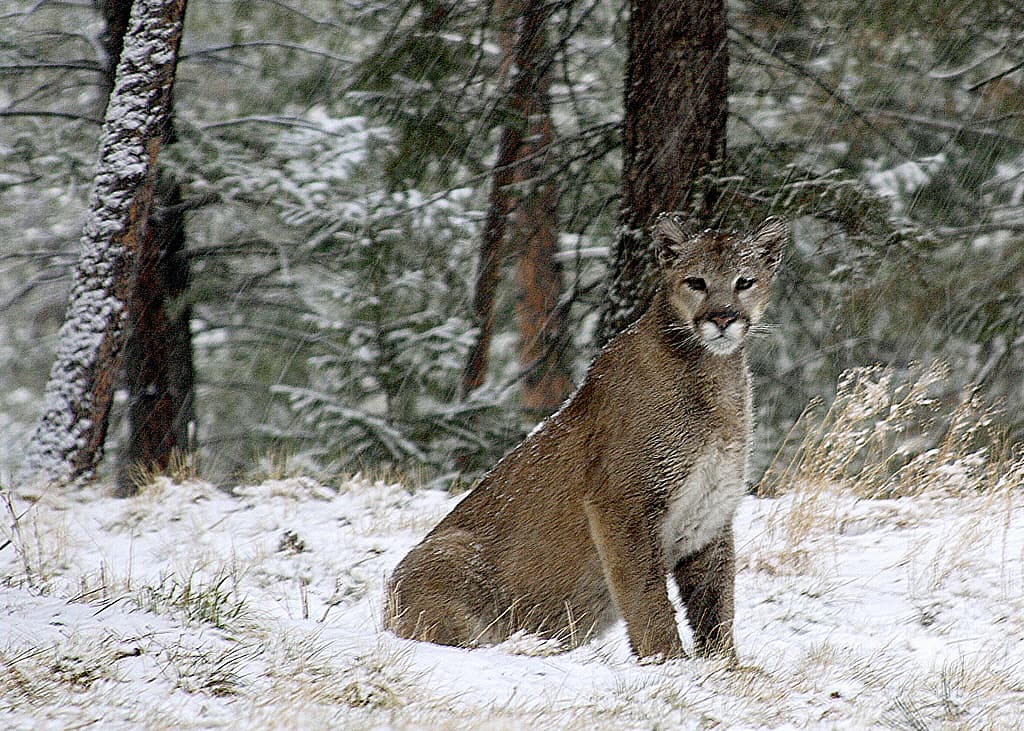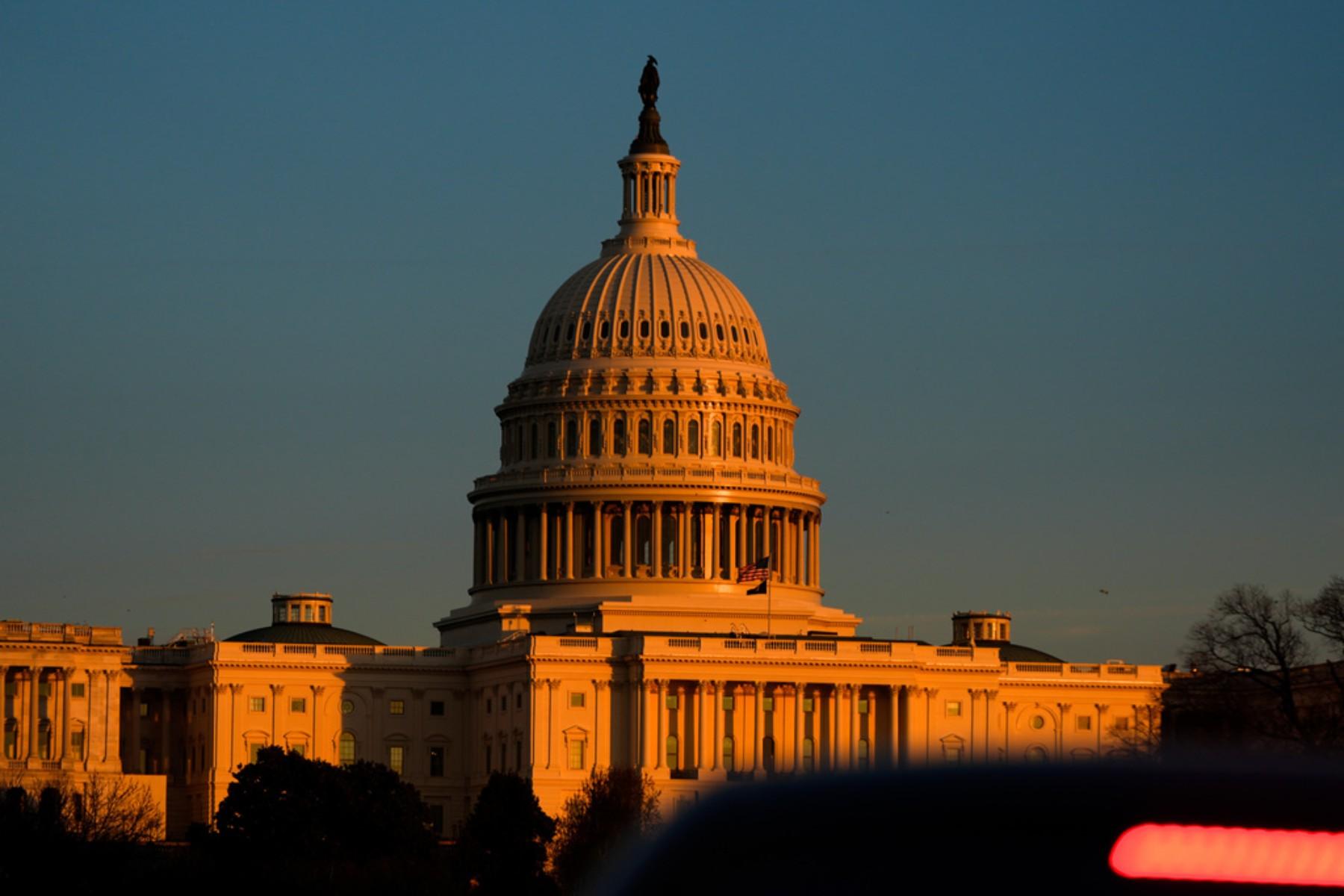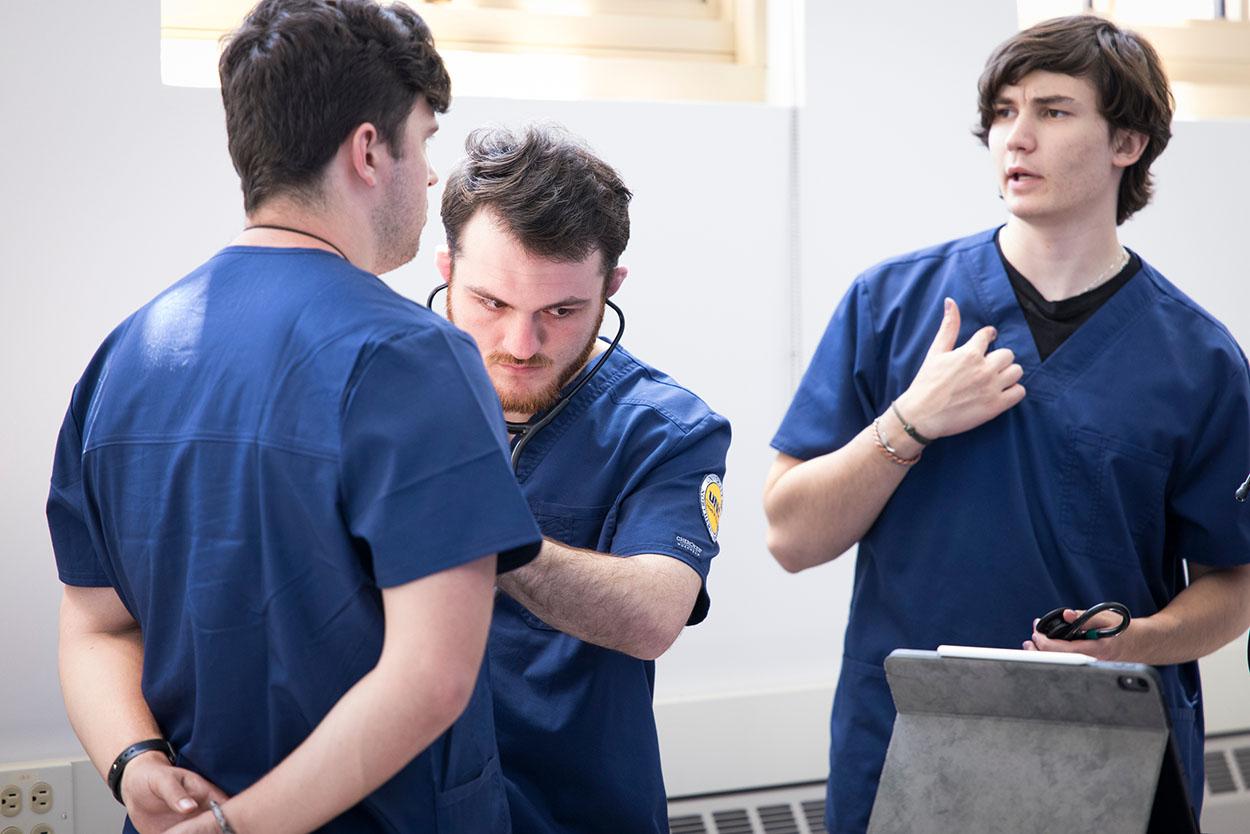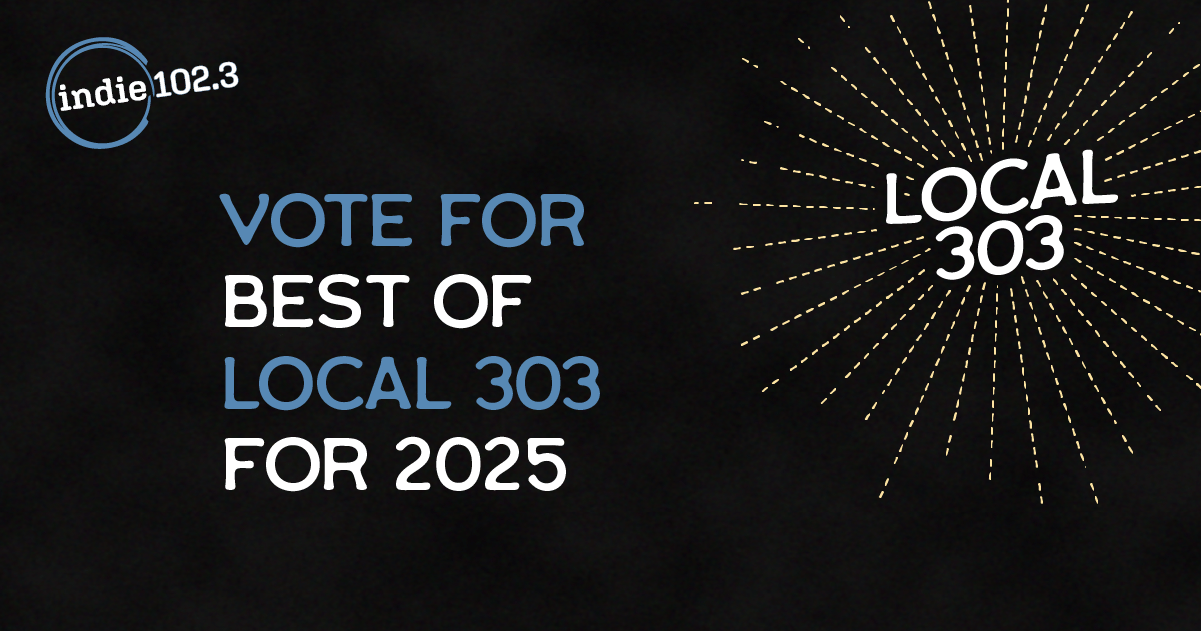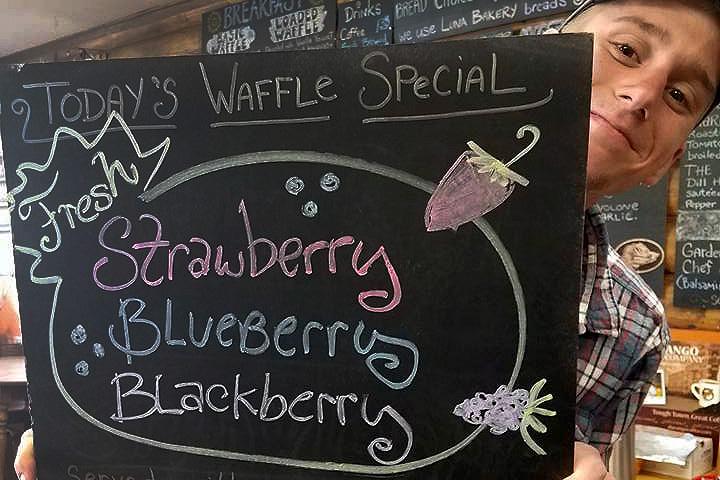
Heidi Magnus opened the Firebrand Deli in Gunnison almost 25 years ago. She serves waffles and sandwiches in a small dining room on Main Street. When the coronavirus pandemic shut down activity in Colorado, Magnus had to close completely for more than a week and let staff go.
She applied to the federal Paycheck Protection Program, which is helping small businesses meet payroll for a few months. She had to go through a bank to access the government loans. She considered a bigger bank, but decided to go through the local Gunnison Bank & Trust.
“Gunnison Bank & Trust orders more food from us, so you know, they’re also on our radar that way by supporting us by eating our food,” Magnus said.
Some small businesses have had trouble getting a piece of the $700 billion in aid the federal government has made available to help them stay afloat during the pandemic. But in Colorado’s mountain communities, local lenders have come through for people like Magnus.
She got a $23,000 loan, which helped her rehire two employees for her business, which has converted to take-out only for now. She fared better than some others who leaned on big banks to try to get loans. Those large banks, such as Bank of America and Wells Fargo, are now being sued by mom-and-pop businesses who didn't get the federal help.
Chad Zummach is a vice president at Gunnison Bank & Trust.
“We were the life support for the businesses in our community,” Zummach said.
He’s lived in Gunnison since he came to Colorado to attend what's now Western Colorado University in 1995. He’s been at the bank for 20 years, and has known Magnus even longer. His order at the Firebrand Deli is the Surefire, a turkey sandwich with avocado and provolone cheese.
He says he felt a sense of personal responsibility when businesses in town started to shut down.
“We as bankers were on the front lines, just like the health care community,” Zummach said.
Even though some businesses have gotten help, they can't be sure it will be enough to get through this crisis. The government loans cover about two months of payroll expenses. What happens after that is unclear.
The shutdown came as spring break was hitting. That's a big blow to mountain and river recreation towns like Gunnison. Megan Lawson, an economist with Headwater Economics, says the recovery will be uneven.
“I think for those communities that are more isolated or depend more heavily on international tourism, like possibly some of the National Park gateway communities, I think it could be difficult for them. It will take longer for them to bounce back.”
Magnus hopes her deli will pull through, but worries about other small businesses — especially those that lost out on the first round of federal money, which ran out quickly. Congress funded a second phase starting at the end of April.
"Some people have given up. Some people have already decided to close,” Magnus said. “I think some people don't realize there's another round."
There is still federal aid left for small businesses that haven’t yet tapped the program. So far, Colorado businesses have received about 46,000 loans totaling $3.06 billion during the program’s second phase.
Disclaimer: Colorado Public Radio applied for and received assistance from the Paycheck Protection Program during the coronavirus pandemic

